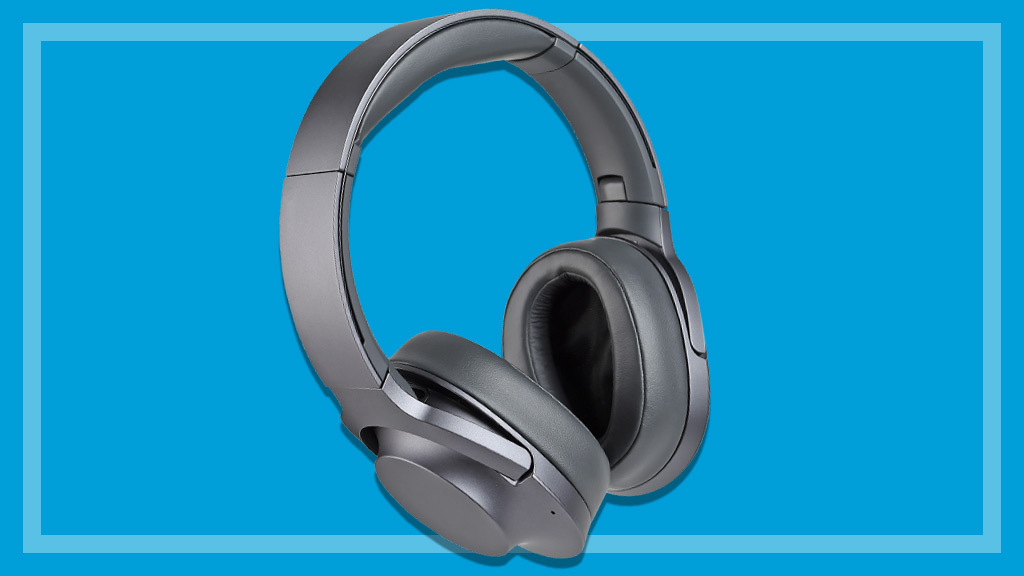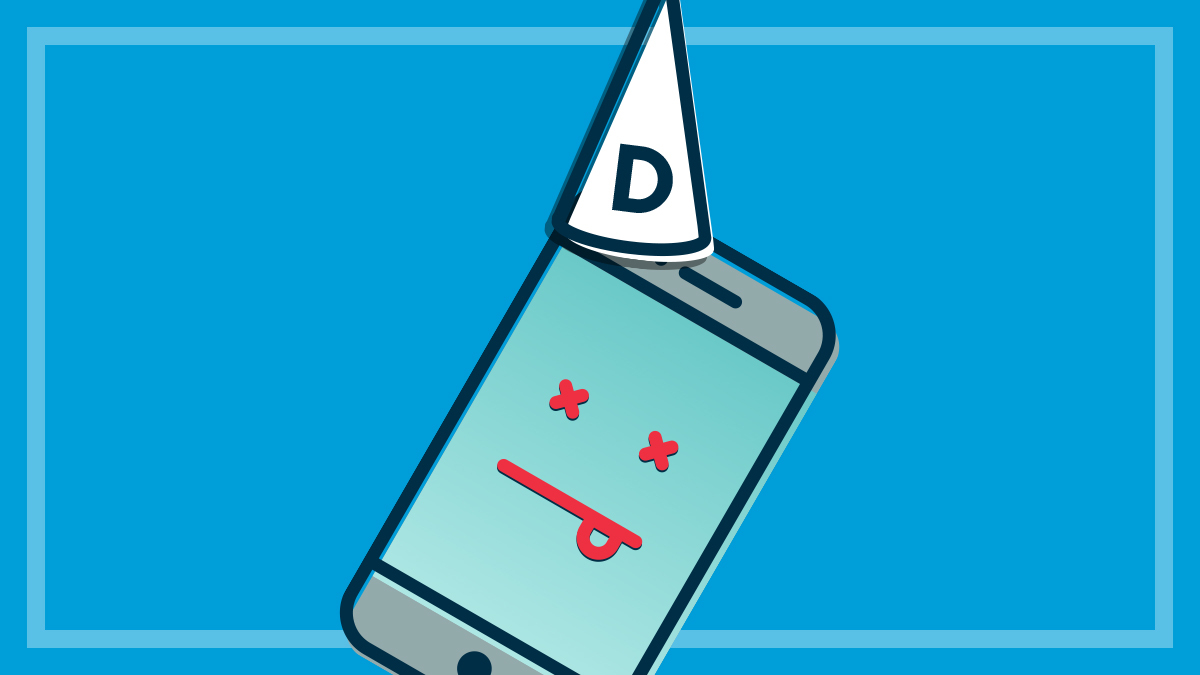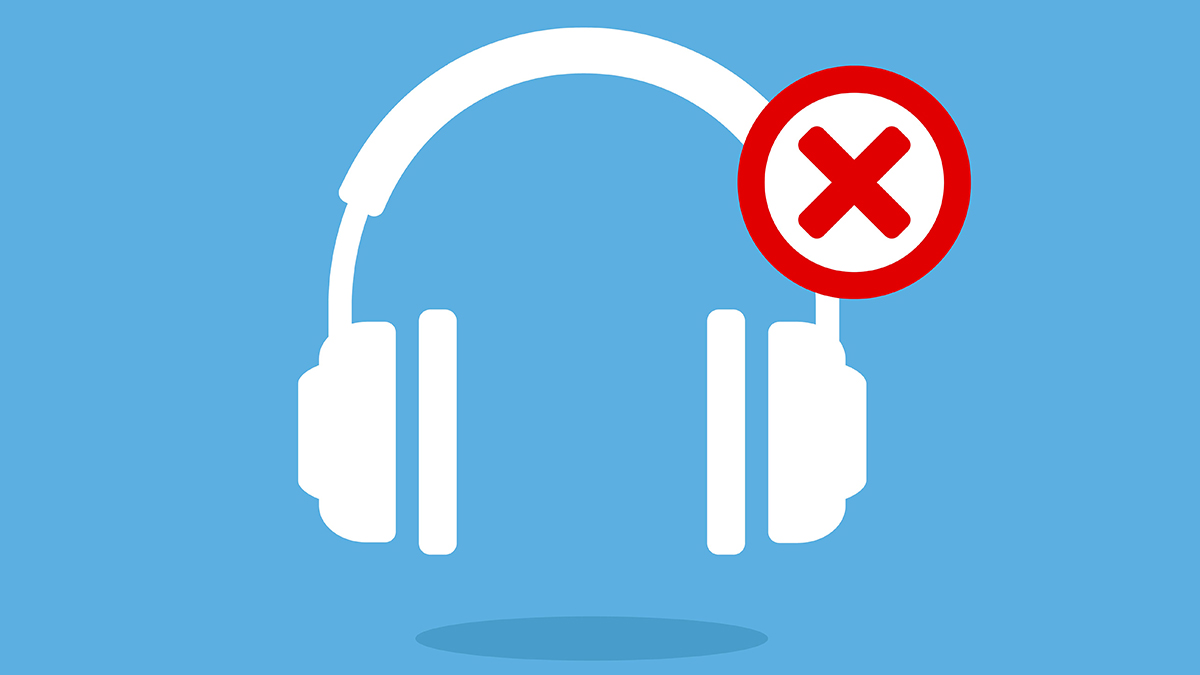Get our independent lab tests, expert reviews and honest advice.
How much should you spend to get the best noise-cancelling headphones?

Unfortunately, there’s no such thing as a mute button for that annoying person talking into their phone on the train, or the neighbours’ incessantly barking dog, so noise-cancelling headphones are the next best thing.
And, as they say, silence is golden – but does that mean you should have to drop a small fortune to guarantee it?
Whether you’re using them to nap on a long-haul flight, listen to a podcast while you commute, or just to turn down the dial on the world so you can get on with your day, noise-cancelling headphones can be invaluable. It’s hard to put a price on such a useful appliance.
But of course retailers manage to do it: the noise-cancelling headphones we’ve tested range in price from $59 through to $899.
“When it comes to speakers you tend to get what you pay for, but our test results have found that headphones aren’t exactly like that,” says CHOICE tech expert Peter Zaluzny.
“We’ve come across many average models from otherwise reputable brands that have jacked up the price.
“These days headphones have a whole lot of fancy features built in. Digital assistants like Google and Alexa, special noise-cancelling settings for phone calls and all manner of touch controls. But this drives up the price and you may find that you’re paying more for these features rather than good sound quality.”
Our experts have uncovered a number of reasonably-priced models that will cancel the noise but not your credit card.
What kind of headphones should I buy?
Before we start talking price, let’s talk about what exactly you’re getting when you’re looking at buying noise-cancelling headphones.
There are a few options, each of which has pros and cons. You can break it down simplistically into earbuds and headphones, and wired and wireless.
- Earbuds (aka earphones aka in-ear headphones) fit inside your ear. They’re small enough to fit easily in your pocket or purse. They’re good for portability but not the best for audio (unless you buy expensive ones that have noise-cancelling capabilities).
- Headphones sit over your head and can either fit around your ear (think earmuffs), or on your ear (think old-school Walkman headphones). You’ll get better audio with these, but they’re much bulkier and tend to cost more than earphones.
There are a range of prices for each category. The noise-cancelling earbuds we tested range in price from $99 to $599. For on-ear headphones, the models we tested cost from around $60 up to $500, while over-ear models cost $200 up to $900.
As a general rule, over-ear headphones are going to sound better than earbuds.
Peter Zaluzny, CHOICE tech expert
“As a general rule, over-ear headphones (often called cans) are going to sound better than earbuds,” says Peter.
“Without getting too technical about it, cans have more room for larger speakers whereas earbuds need to cram everything into a device no bigger than your pinkie finger. However, earbuds are much easier to carry around.
“The idea is to find a pair that sounds quite good with decent battery life to strike the balance between quality and convenience.”
Wired or wireless?
Either of these types of headphones may be wired (connected to your device via a cable) or wireless (connected to your device via Bluetooth or similar). Whether you’re connected to a device physically or virtually, there are pros and cons.
Wired headphones keep you tethered to your device and cables can get in the way or break. However, they generally offer better-quality connection and don’t use a battery.
Wireless headphones aren’t physically connected to your device; they use Wi-Fi or Bluetooth to connect. They’re convenient but can drain your battery (both for the headphones and your device).
“The technology involved in making wireless headphones will add to the overall cost,” says Peter.
“A $400 pair of wired headphones may not be directly comparable to a $400 pair of wireless headphones when it comes to sound quality. However, a $400 pair of wireless headphones may sound the same as a $350 pair of wired headphones, for example, with the added cost going to wireless technology and batteries.”
Active vs passive noise cancelling
So, what’s the difference between active and passive? You could say that passive noise cancelling is physical, whereas active noise cancelling is technological.
Passive noise cancelling is what happens when you wear earmuffs: some of the sound waves are physically blocked from reaching your ear drums by the headphones or earbuds themselves.
Active noise cancelling is where technology steps in to prevent the sound from getting in. In short, the active noise-cancelling function cancels out the sound waves from noise around you. (It’s a bit more complex than this; if you want to nerd out over all things headphones, read our headphones buying guide.)
You can dial up or dial down the level of noise cancellation (in most models), which will allow you to let through just enough noise to keep you safe (when walking near a busy road, for instance), or to completely block out the world. (Well, as much as technology allows for now.)
Using the active noise-cancelling capabilities of your headphones will burn through their battery, so you can switch it off if you want to extend your battery life.
How much should you pay for noise-cancelling headphones?
While we can’t give away all our secrets (they’re available for CHOICE members, though), what we can tell you is that of the 13 products our experts recommend, eight of them cost $400 or less. Some of the cheapest products in our test were among the top performers, and some of the most expensive were in the bottom of the class.
So clearly price and performance aren’t linked.
Still not convinced? We crunched the numbers of the best-performing and worst-performing noise-cancelling headphones in our tests, and here’s what we found.
We took a look at our reviews for noise-cancelling headphones and compared their price to the overall test score. The graph above shows that there’s no correlation between the price of headphones and how well they scored – and in fact, the highest scorers sit around the middle of the pack in terms of price.
There’s no correlation between the price of headphones and how they scored – in fact, the highest scorers sit around the middle of the pack in terms of price.
We also did a number crunch for the best and worst performers in our tests.
For noise-cancelling headphones our experts recommend:
- Lowest price: $99
- Highest price: $899
- Median price: $399
For the lowest-scoring noise-cancelling headphones we tested:
- Lowest price: $59
- Highest price: $299
- Median price: $249
So, how do you choose the best noise-cancelling headphones?
These figures are only an indication. Don’t be misled into thinking that $399 is the sweet spot in terms of price and performance – there are still plenty of products around that price that performed abominably in our tests.
And while it would seem that the cheaper products don’t seem to perform as well, it’s also worth noting that there are three products recommended by our experts that cost less than $200 – so don’t instantly write off the less expensive models.
But you can also see from the graph above that there are significant differences in performance at all price points, so it’s all too easy to buy something that you think will be a winner but then find out that it’s a dud – and that risk increases the more money you spend.
And if you want to pick something up that’s more affordable, you can still get great performance – but you need to buy wisely.
Our expert noise-cancelling headphones test results assess things like listening quality performance, sound isolation effect (both with and without the noise-cancelling feature turned on), comfort and durability. You can filter by price, brand, type of fit, wireless/wired, battery life and more to find the perfect headphones for your needs.






